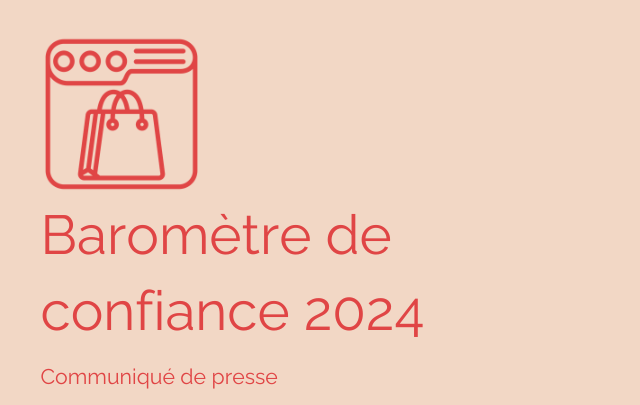

While the term social justice can be interpreted in many different ways, it is clear that most of them culminate in the quest for fairness and equality. As far as consumerism is concerned, the development of the consumer society has led to the realization that the liberal philosophy of the Civil Code is less suited to the reality of consumerism.
In fact, rather than aiming to make the market function properly, consumer law called for regulations of a social nature, with the aim of protecting the consumer.
We are therefore looking for precise solutions to the consumer's vulnerable situation, and for answers to modern or special situations such as contracts between a consumer and a gym, or a funeral service. The problem is that these situations multiply and become more complex over time, and continue to emerge at dizzying speed, always testing the limits of the protections already in place.
Think of the tripartite contracts concluded on certain platforms, such as those in the sharing economy, which call into question both consumer recourse and the responsibility of these platforms in the event of a disagreement. The same applies to social networks, whose inventiveness has led to the emergence of new advertising models, prompting us to question the deceptive nature of certain practices. So we may well ask whether the response currently provided by consumer law is equal to these new challenges?
A number of authors have commented on the inequality of the parties involved in a dispute between a consumer and a trader. To modify the balance of power and try to achieve a certain equality, the legislator intervenes upstream, notably by prohibiting certain clauses in contracts and setting up certain mechanisms to prevent and settle disputes. This principle is illustrated by certain examples in consumer law, such as certain clauses which are deemed unenforceable against consumers, meaning that they have no legal effect on them.
Thus, the Civil Code of Quebec provides that Quebec authorities have jurisdiction to hear an action based on a consumer contract. Quebec's Consumer Protection Act prohibits any stipulation that obliges a consumer to submit a dispute to arbitration, or that prohibits a consumer from exercising a class action. These measures are designed to achieve a degree of fairness that protects the weaker party, the consumer.
The unbridled development of technological tools raises new questions about the effectiveness of standards based on old paradigms. These technological tools call into question both the place accorded to individuals in the management of their personal data, and the protection of consumers in their online investments.
How effective are the standards already in place in the virtual environment, knowing that this same effectiveness is already being questioned in the real world? More importantly, what do consumers really know about the dangers of their online exposure, about the effectiveness of online laws? If social justice is supposed to address asymmetries of information, power and experience between merchants and consumers, then both digital literacy and the implementation of real mechanisms to protect consumers online should be part of the tools to reduce inequalities.
In other words, if we are to talk about social justice, we need to adapt it to the contemporary realities of consumerism...






